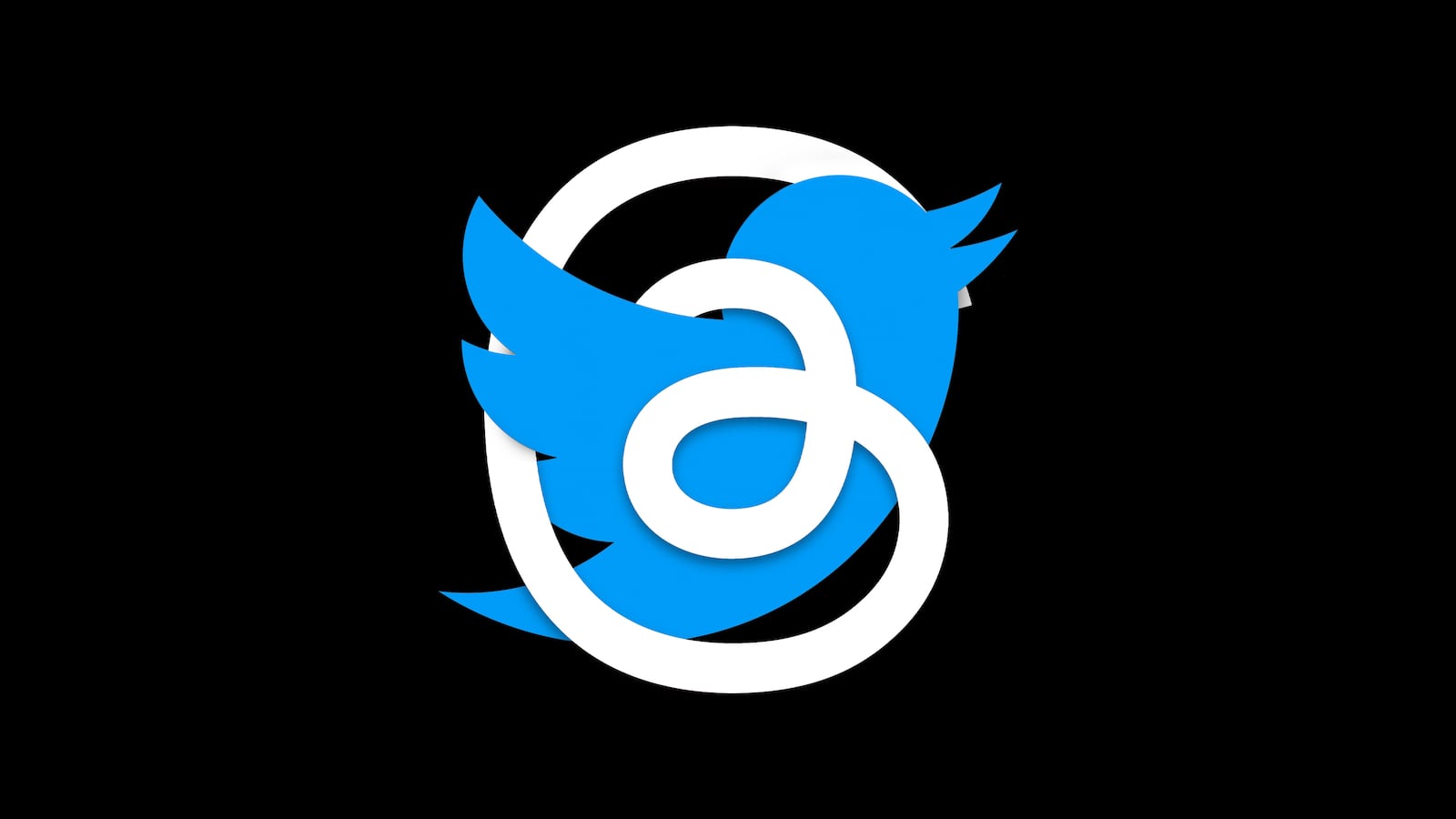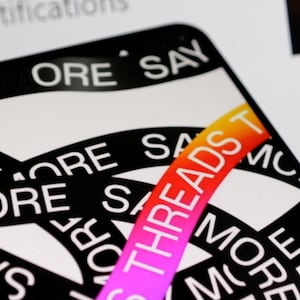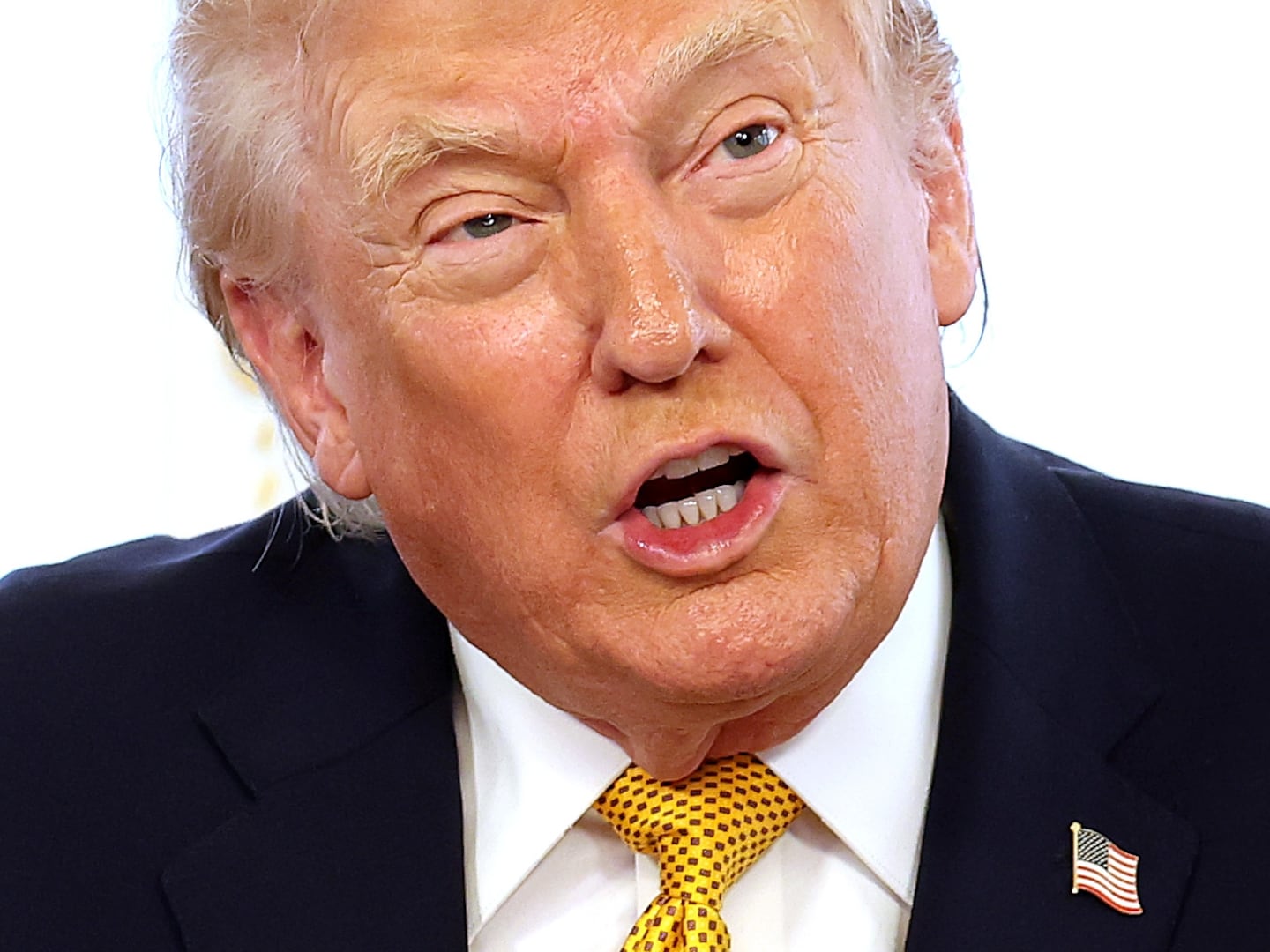Ever since Meta launched its competitor to Twitter last week, Elon Musk has been attempting to tear it down, denouncing Threads’ approach to content moderation, threatening to sue for the supposed theft of “trade secrets,” and even challenging Meta CEO Mark Zuckerberg to a penis-measuring competition.
Some of his employees, however, are thoroughly enjoying the new app.
“I’m going to get fired for this, but I work at Twitter right now and have never really used it. Threads is just better,” a current staffer wrote on Threads last week. “Here’s to a new world!”
“[Not gonna lie] the signup flow was really nice,” another Twitter employee posted, referring to the process by which users register for an account.
The Daily Beast took a random sample of 133 current Twitter employees, identified by their LinkedIn accounts, and found that 31 of them—nearly a quarter—appeared to already be on Threads. Musk said in April that Twitter employed roughly 1,500 people, suggesting that hundreds of its workers may be using its rival.
A portion of those staffers may simply be sniffing out the competition. One Twitter employee threaded that he was "here to learn stuffs,” while another staffer’s sole post read “Test 1.”
But others appeared to be there for their own enjoyment—or, in some cases, to trash talk their boss. One user re-threaded a post making fun of Musk for the dick-measurement challenge and another that read “somebody check up on elon. he’s not taking this well.”
Even some of Musk’s most loyal former acolytes have also turned against him. Esther Crawford, a product manager who was reportedly laid off in February, once cheered Musk’s draconian management style. In November, she slept on the ground at Twitter headquarters to help meet his deadlines, according to a tweet she cheerfully hashtagged “SleepWhereYouWork.”
Now Crawford is railing against her old boss. “I’ve repeatedly thought ‘it doesn’t have to be this way’ and yet I’m repeatedly disappointed that it is,” she wrote on Threads this week, referring to Musk’s Twitter overhaul. “This is what happens when a powerful person lives in an echo chamber of their own creation.”
Twitter did not immediately respond to a request for comment.
In a letter to Zuckerberg last week, a lawyer for Twitter accused Meta of “systematic, willful, and unlawful misappropriation of Twitter’s trade secrets and other intellectual property,” according to a copy of the note first obtained by Semafor. The letter further claimed that dozens of former Twitter employees hired by Meta had facilitated the creation of its “copycat” platform. In a tweet, Musk accused Meta of “cheating.”
A Meta spokesperson denied the accusations, writing, “No one on the Threads engineering team is a former Twitter employee — that’s just not a thing.” Meanwhile, legal experts told The Daily Beast that Twitter would face an uphill battle if it decided to sue.
As hundreds of Threads users also noted, after acquiring Twitter last year, Musk terminated the vast majority of its employees; it wouldn’t be surprising if some of them landed at Meta.
The launch could not have gone better for Zuckerberg. As of last weekend, more than 100 million people had signed up for Threads, making it the fastest app in history to reach that threshold. In the two days after Threads launched, Twitter’s web traffic took a 5 percent dive compared to the week before, according to CNBC. (Twitter CEO Linda Yaccarino responded to the report in a tweet claiming the site had had its best traffic week since February.)
Assuming Threads maintains its traction, however, the honeymoon stage could rapidly come to an end. Meta has a long history of controversies involving its privacy policies, its effectiveness at weeding out disinformation, and, in the case of Instagram, its allegedly deleterious effect on young people’s mental health.









